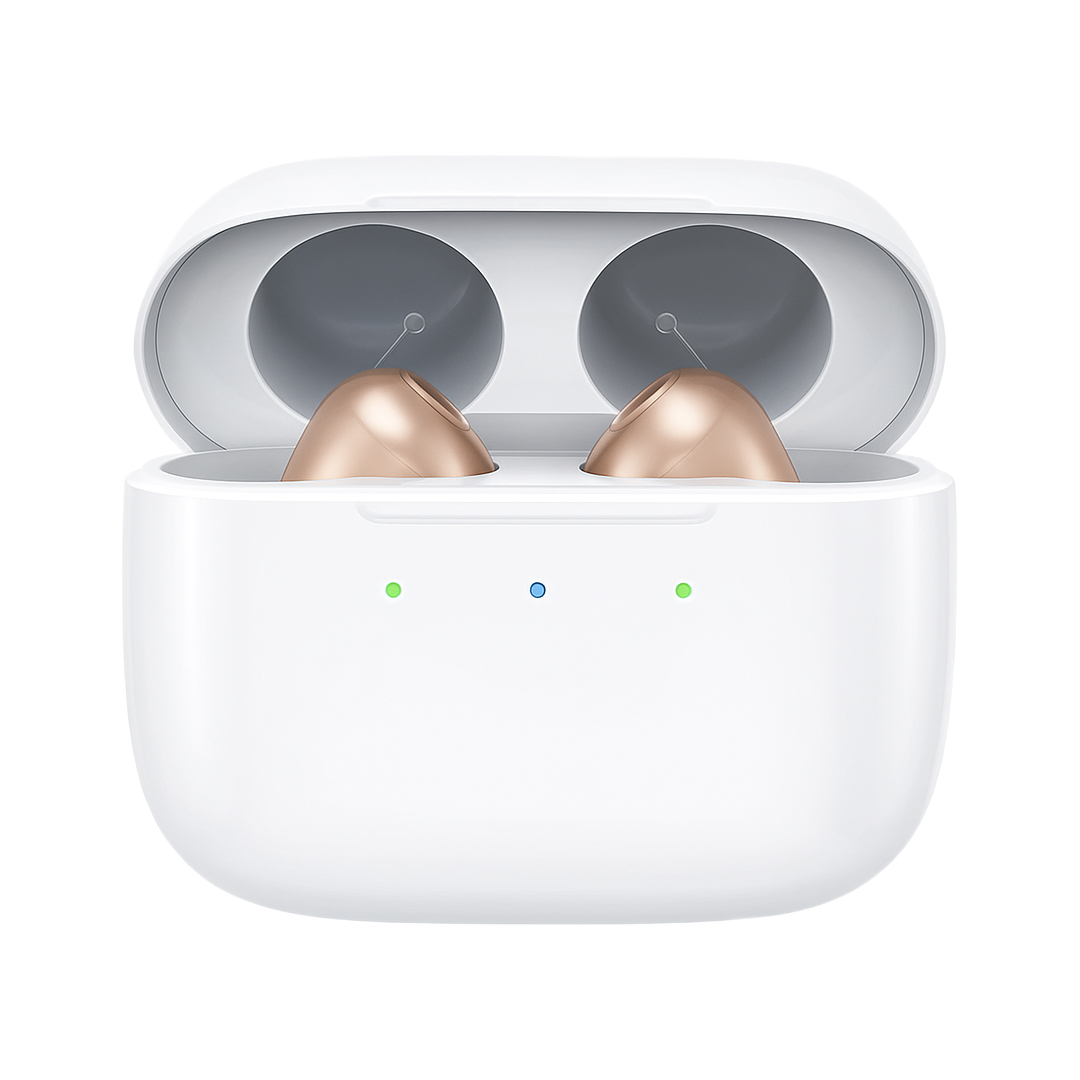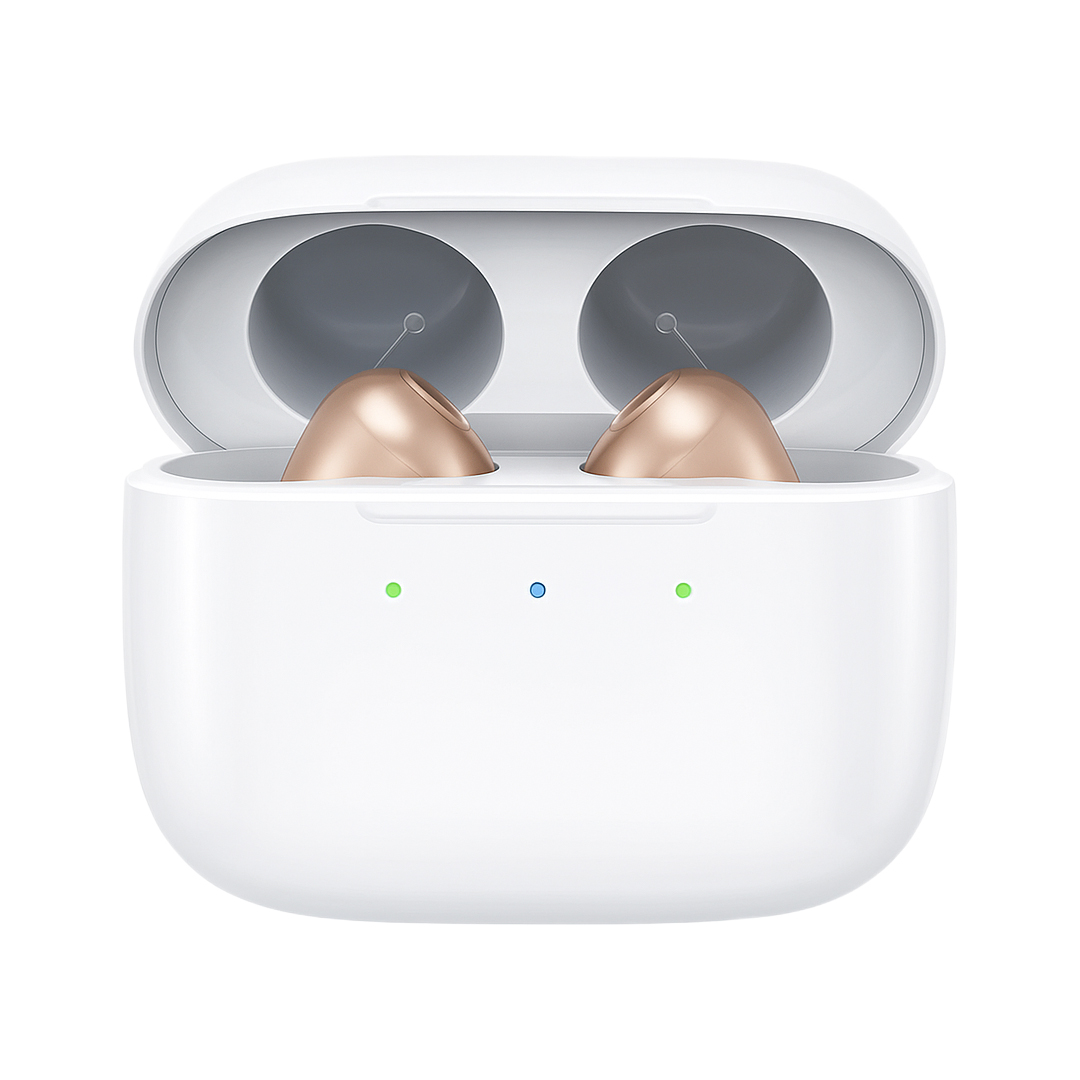Workplace Hearing Safety: Rights and Protections You Should Know
You've spent decades building your career, accumulating skills, and establishing your professional reputation. But here's something that might surprise you: your workplace could be quietly undermining one of your most valuable assets—your hearing. Whether you're still in the thick of your career or considering your options for the coming years, understanding your rights and protections around workplace hearing safety isn't just important—it's essential.
The statistics are sobering: occupational hearing loss affects millions of American workers, and it's entirely preventable with proper precautions. More importantly, the laws protecting your hearing health are stronger than many people realize, and knowing these rights can make the difference between a healthy retirement and one shadowed by hearing difficulties.
Beyond the Obvious: Where Hearing Hazards Hide
When we think of noisy workplaces, construction sites and factories immediately come to mind. But occupational hearing loss lurks in surprising places. That open-plan office with its constant hum of conversations, ringing phones, and clicking keyboards? It might be louder than you think. The school cafeteria where you work part-time? Those echoing voices and clattering trays add up quickly.
Even seemingly quiet workplaces can have hidden hazards. Medical facilities with their beeping equipment, retail environments with background music and PA systems, and offices near busy roads or airports all present potential risks. The key is recognizing that any workplace where you regularly have to raise your voice to be heard by someone three feet away is potentially hazardous to your hearing.
The 85-Decibel Standard: Your Legal Baseline
Federal law, specifically the Occupational Safety and Health Administration (OSHA), sets the workplace hearing safety standard at 85 decibels for an 8-hour workday. This isn't just a suggestion—it's a legal requirement that your employer must follow. At this level, your employer is required to provide hearing protection and offer annual hearing tests.
But here's where it gets interesting: many workplaces that don't seem particularly noisy actually exceed this threshold. A busy restaurant kitchen, a retail store during peak hours, or an office with poor acoustics can all push past 85 decibels without anyone realizing it.
Your Rights: More Comprehensive Than You Might Think
The Right to Know
Your employer is legally required to inform you if your workplace exceeds safe noise levels. This isn't just a courtesy—it's federal law. You have the right to know about noise hazards in your workplace, just as you have the right to know about chemical hazards or safety risks.
The Right to Protection
If noise levels exceed 85 decibels, your employer must provide appropriate hearing protection at no cost to you. This includes not just basic foam earplugs, but properly fitted protection that's suitable for your specific work environment. If you work in a place where communication is important, your employer should provide protection that allows for clear communication while still protecting your hearing.
The Right to Testing
In workplaces with significant noise exposure, employers must offer annual hearing tests, called audiometric testing. These tests establish a baseline of your hearing and track any changes over time. If you're showing signs of hearing loss, your employer is required to take additional protective measures.
The Right to Training
You have the right to receive training about hearing hazards in your workplace, how to use protective equipment properly, and what signs to watch for that might indicate hearing damage. This training should be provided in a language and format you can understand.
The Hearing Conservation Program
In workplaces where noise exposure is a concern, employers are required to establish a hearing conservation program. This comprehensive approach includes:
- Regular noise monitoring to identify hazardous areas
- Provision of appropriate hearing protection
- Annual hearing tests for exposed workers
- Training on hearing protection and workplace hazards
- Maintenance of records tracking noise exposure and hearing test results
If your workplace doesn't have such a program but should, you have the right to request one. More importantly, you have the right to file a complaint with OSHA if your employer isn't meeting these requirements.
Age and Hearing Protection: Special Considerations
As we age, our hearing naturally becomes more vulnerable to damage. This means that noise levels that might not have bothered you in your twenties or thirties could be more harmful now. The good news is that this increased vulnerability is recognized in workplace safety standards.
Older workers often have the right to request additional accommodations, such as:
- More frequent hearing tests
- Enhanced hearing protection
- Workplace modifications to reduce noise exposure
- Alternative work arrangements in quieter areas
These aren't special favors—they're reasonable accommodations that employers are often required to provide.
The Hidden Costs of Workplace Hearing Loss
Hearing loss doesn't just affect your ability to hear—it can impact your career in ways you might not expect. Difficulty understanding conversations in meetings, missing important announcements, or struggling with phone calls can all affect your professional performance and advancement opportunities.
More troubling, some employers have been known to use hearing difficulties as a reason for reassignment to lower-paying positions or even termination. This is not only unfair—it's often illegal under the Americans with Disabilities Act.
Documentation: Your Best Defense
Keep detailed records of your workplace noise exposure and any hearing-related concerns. This includes:
- Dates and times when you're exposed to loud noise
- Any hearing protection provided (or not provided)
- Copies of hearing test results
- Documentation of any complaints you've made about noise levels
- Records of any hearing-related training you've received
This documentation can be invaluable if you need to file a workers' compensation claim or if you believe your employer isn't meeting their legal obligations.
Workers' Compensation and Hearing Loss
If you develop hearing loss due to workplace exposure, you may be entitled to workers' compensation benefits. However, occupational hearing loss claims can be complex because hearing loss often develops gradually over time and can have multiple causes.
The key is establishing that your hearing loss is work-related. This is where those hearing test records and documentation of workplace noise exposure become crucial. Many workers don't realize that even if they've changed jobs or retired, they may still be able to file a claim for hearing loss that developed during their working years.
Speaking Up: How to Address Concerns
If you're concerned about noise levels in your workplace, start with your immediate supervisor or human resources department. Many employers are genuinely unaware of hearing hazards and are willing to address them once they're brought to their attention.
If internal channels don't work, you have the right to file a complaint with OSHA. The agency will investigate workplace safety concerns and can require employers to make necessary changes. Importantly, it's illegal for employers to retaliate against workers who file safety complaints.
The Technology Factor
Modern workplaces often include technology that can both help and harm hearing health. Open-plan offices with poor acoustics might require sound masking systems, but these can sometimes create additional noise. Video conferencing equipment, if poorly configured, can force people to speak louder than necessary.
On the positive side, technology can also provide solutions. Apps that monitor noise levels, improved acoustic design in office spaces, and better sound systems that don't require excessive volume can all contribute to a healthier hearing environment.
Retirement and Beyond: Planning Ahead
If you're nearing retirement, now is the time to get a comprehensive hearing evaluation. This establishes a baseline that can be important for future healthcare needs and potential compensation claims. Many retirees are surprised to discover hearing loss that developed gradually during their working years.
Consider also that if you're planning to continue working part-time or consulting after retirement, you'll want to ensure that these work environments are hearing-friendly. Your hearing health is just as important in your later working years as it was in your earlier ones.
The Bottom Line: Your Hearing, Your Rights
Workplace hearing safety isn't just about following rules—it's about protecting your ability to communicate, enjoy music, hear your grandchildren's voices, and fully participate in life. The laws protecting your hearing health are comprehensive and enforceable, but they only work if you know about them and are willing to advocate for yourself.
Remember, hearing loss is permanent, but it's also preventable. By understanding your rights and taking advantage of the protections available to you, you can ensure that your hearing remains healthy throughout your working years and beyond.
Your career has been built on your skills, experience, and ability to communicate effectively. Don't let preventable hearing loss undermine these assets. You have the right to a safe workplace, and that includes protection for your hearing. Use these rights—your future self will thank you for it.
Whether you're still climbing the career ladder or winding down your professional life, protecting your hearing is an investment in your quality of life for years to come. The time to act is now, while prevention is still possible and the law is on your side.



